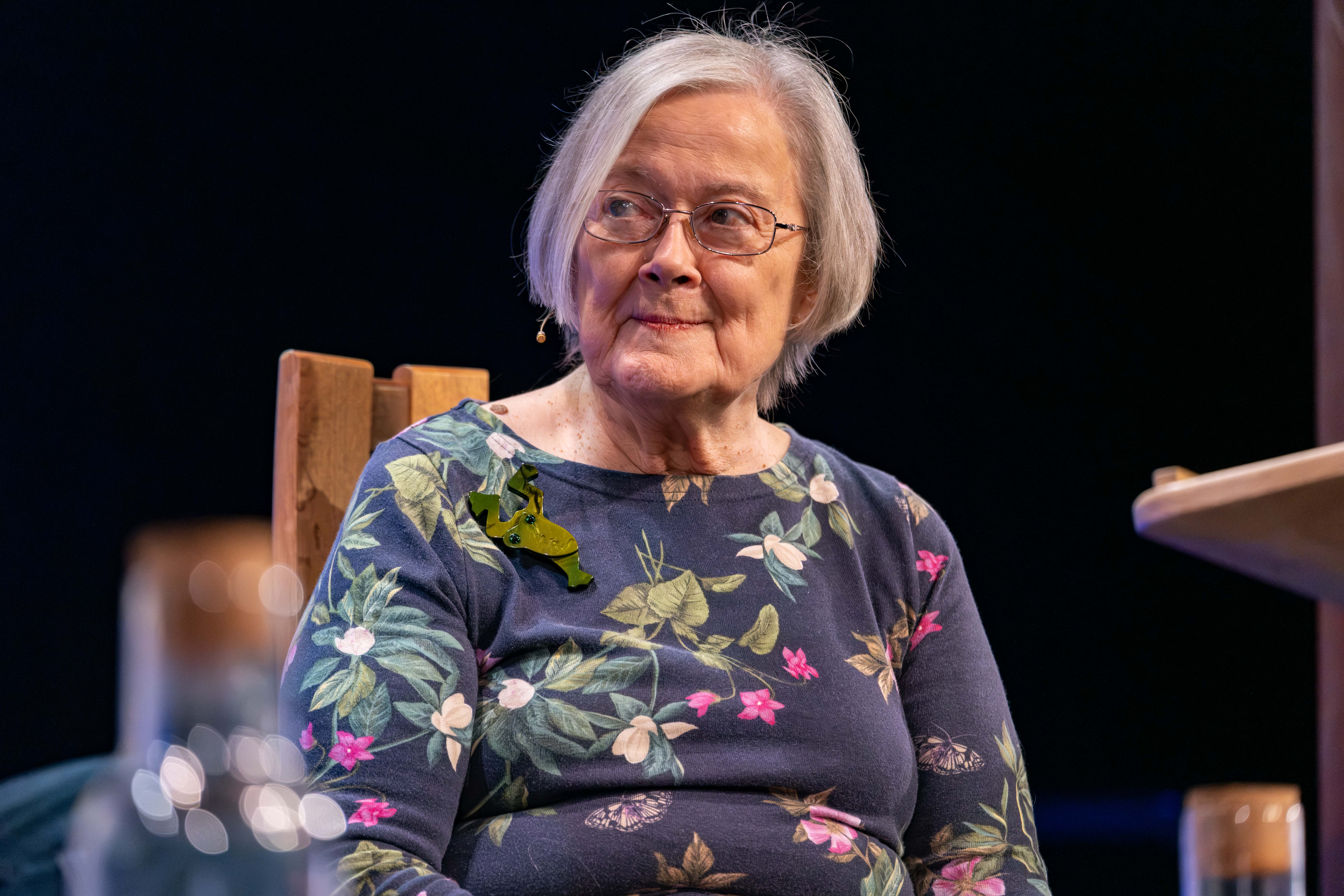Court ruling on legal definition of a woman ‘misinterpreted’, Lady Hale says
First female president of Supreme Court raises concerns over ‘very binary reaction’ to ruling legal definition of woman is based on biological sex
The first female president of the Supreme Court has said its gender ruling “has been misinterpreted”.
Brenda Hale raised concerns over the “very binary reaction that there has been” to the court’s ruling that the legal definition of a woman is based on biological sex.
The 80-year-old also argued that “there are plenty of things to quarrel with” over the judgement, questioning what was even meant by “biological sex”. She said: “I was with some doctors last week who said there is no such thing as biological sex.”
However, Lady Hale, who is now retired as a judge but a member of the House of Lords, stressed that she did not wish to “undermine the court and its authority by being critical of its decisions”.
However, the Guardian reported she told the Charleston literary festival in East Sussex: “But I can be much more critical of the way it’s been received.

“Because there’s nothing in that judgment that says that you can’t have gender neutral loos – as we have here in this festival... despite the fact that there are people saying that you can’t do that...
“It’s for other people to work out the other parts of the Equality Act, which permit but do not require services to be provided differently for people according to sex.”
The Supreme Court ruled in April that the terms “woman” and “sex” in the 2010 Equality Act “refer to a biological woman and biological sex”, following a challenge against the Scottish Government by campaign group For Women Scotland (FWS).
There has been a major backlash to the judgement, with some trans rights groups raising concerns about its practical implications.
Following the ruling, some sporting bodies banned transgender women from its female competitions.

Cabinet Office minister Pat McFadden said the “logical consequence of the judgment” and new equalities watchdog guidance was that people will have to use toilets, changing rooms and other facilities of their biological sex. But he added that there would not be “toilet police”.
The equalities watchdog, Equality and Human Rights Commission (EHRC), issued interim guidance, saying trans women “should not be permitted to use the women’s facilities” in workplaces or public-facing services like shops and hospitals, with the same applying for trans men using men’s toilets.
Campaign group the Good Law Project (GLP) last week announced it has taken the first step of a legal challenge against the watchdog, claiming the guidance is “wrong in law”.
Lady Hale believed the “proper answer to all of this... [was] somewhere in the middle. So that’s what I very much hope we will come out with when people have calmed down and start being sensible about things.”
Also on the panel with Lady Hale was her daughter Julia Hoggett, the CEO of the London Stock Exchange, who is the first out gay person to be hired in her role and a vocal advocate of LGBTQ+ representation at work.
Ms Hoggett replied to her mother: “And it’s the duty of society to foster that conversation now.”
Lady Hale said: “Yes, it’s on all of us to foster it.”
Join our commenting forum
Join thought-provoking conversations, follow other Independent readers and see their replies
Comments
Bookmark popover
Removed from bookmarks